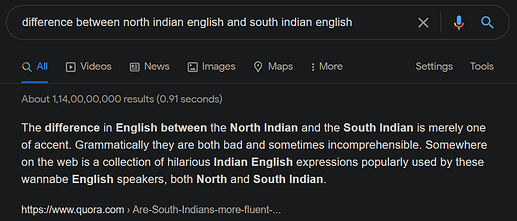Alright, so as an Irish/British person, a lot of the differences between these has become very apparent as I gain more American friends. It’s not just accents, entire mannerisms and phrases can be entirely different too, which could impact on your grades/exams should you be an english student in america or vice versa.
Some common differences:
Difference in nouns and phrasing (Long list)
American Term: Cotton Candy
British Term: Candy Floss
American Term: Chips
British Term: Crisps
American Term: Fries
British Term: Chips
American Term: Sneakers
British Term: Trainers
American Term: Sweater
British Term: Jumper
American Term: Suspenders
British Term: Braces
American Term: Autumn/Fall
British Term: Autumn
American Term: Parking Lot
British Term: Car Park
American Term: Pacifier
British Term: Dummy
American Term: Overalls
British Term: Dungarees
American Term: Vacation
British Term: Holiday
American Term: Elevator
British Term: Lift
American Term: Highway
British Term: Motorway
American Term: Diaper
British Term: Nappy
American Term: Sidewalk
British Term: Pavement
American Term: Gasoline
British Term: Petrol
American Term: Restroom
British Term: Public Toilet
American Term: Eraser
British Term: Rubber
American Term: Pants
British Term: Trousers
American Term: Underwear
British Term: Pants
American Term: Candy
British Term: Sweets
On top of all of those, there’s also the differences in spelling on a more subtle level:
“er” and “re”
Examples:
- Centre (British) and Center (American)
- Metre (British) and Meter (American)
This rule extends to many words with these endings, with the exceptions of words such as Mother and Murderer
ize and ise
Examples:
- Apologize (American) and Apologise (British)
- Fossilize (American) and Fossilise (British)
This rule extends to many words with these endings, with the exceptions of words such as Advise, seize and rise
Doubling L before vowel suffixes
Perhaps the most commonly confused spelling convention is whether or not to double the final L in two-syllable words before a vowel suffix. In American English, we follow the rule that if the word has an emphasis on the final syllable before the vowel suffix, then the L is doubled. However, most words ending in a single L are stressed on the first syllable, so L remains singular.
Examples:
- Model - Modeled/Modeling
- Rebel - Rebelled/Rebelling
In British English, on the other hand, a final L that follows a vowel is almost always doubled before “-ed,” “-er,” and “-ing” regardless of where the stress occurs in the word.
Examples:
- Cancel - Cancelled/Cancelling
- Model - Modelled/Modelling
“e” vs “ae” and “oe”
Examples:
- Anemia (American) and Amaemia (British)
- Fetus (American) and Foetus (British)
This rule applies to many words (Most of them medical lol)
“or” vs “our”
Examples:
- Colour (British) and Color (American)
- Flavour (British) and Flavor (American)
This applies to many words, but as always there are a few exceptions.
Honestly, while doing this I learned that there are a huge amount of differences, even if they are minor things. There are many more than what I have already listed, unfortunately, and if you know any more, and have the time/energy to do so, please comment them below!
- Was this helpful or informative at all?
- Do you know any other differences between American and British English?
Not the spell check system continuously marking the British spellings as incorrect smh /lh
